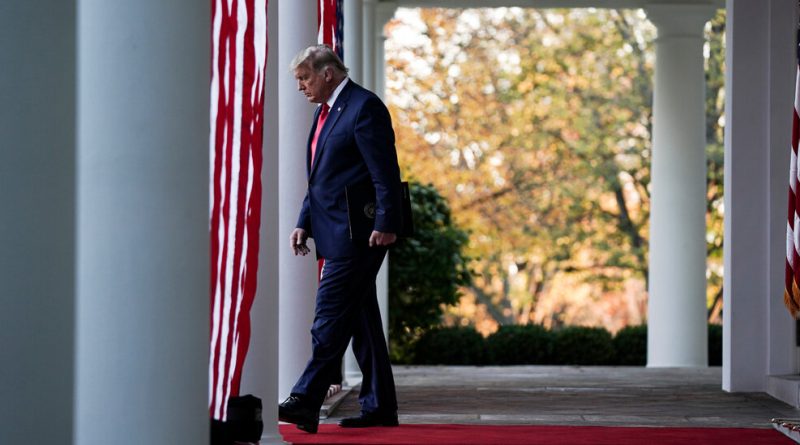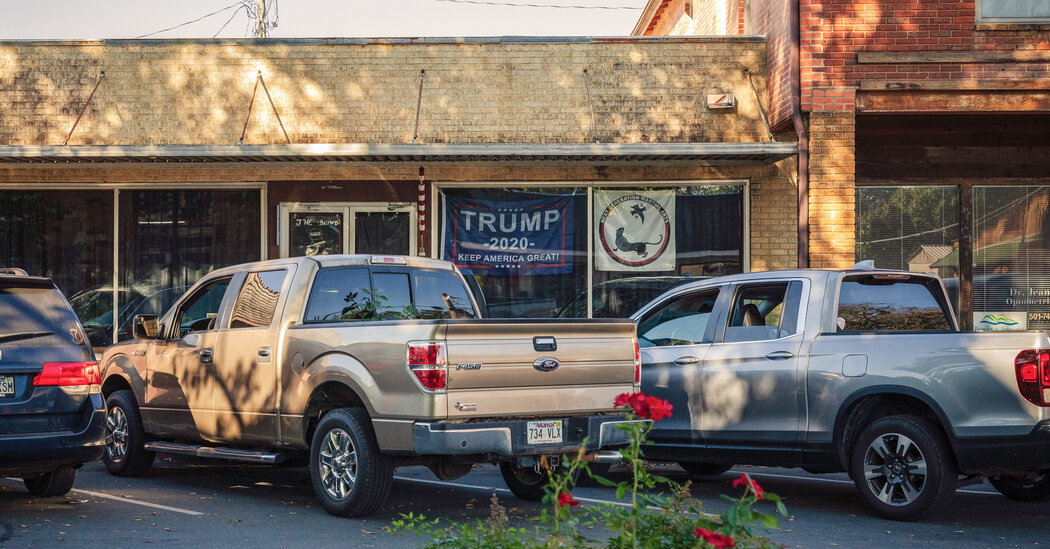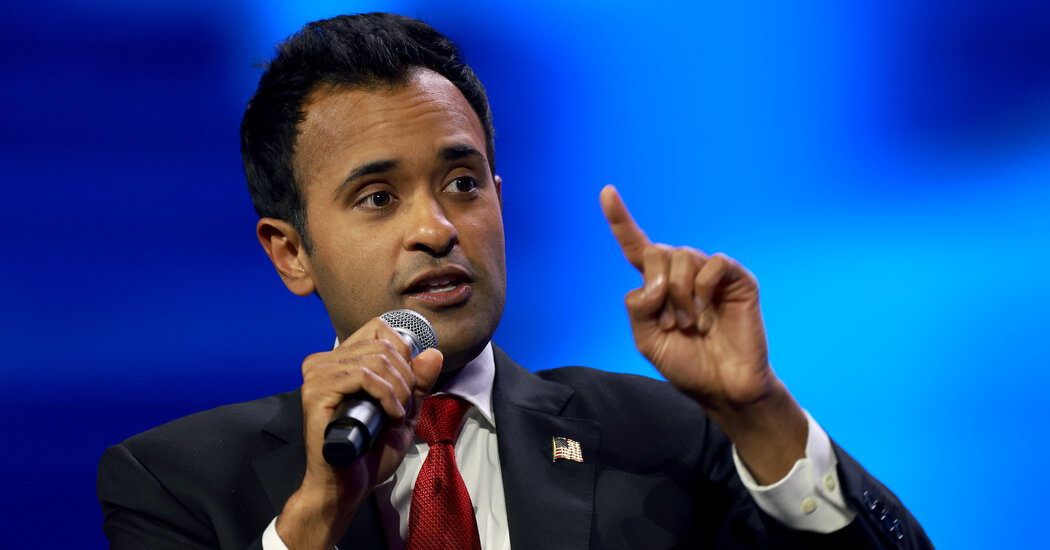Trump Is Not Doing Well With His Election Lawsuits. Here’s a Rundown.
Pirkle v. Wolf
Filed: Nov. 10
Claim: Four voters sought to block all votes from Philadelphia, Montgomery, Delaware and Allegheny Counties from being included in the state total, claiming that the state violated the right to equal protection by allowing differing absentee balloting practices among counties.
Before the election, Pennsylvania’s secretary of state, Kathy Boockvar, advised county election officials that “curing” absentee ballots (the term for fixing mistakes like a missing signature) was permitted but not required. As a result, local practices differed to a degree. This suit claims that it was unconstitutional to allow some but not all Philadelphia voters to cure their ballots. The suit also cites Delaware County for allegedly giving in-person ballots to voters who were recorded as having received mail-in ballots without requiring them to sign the registration book at the polls. In Allegheny County, according to the suit, voters were required to vote provisionally when records showed they had requested an absentee ballot but not cast it.
Context: The election system in the United States is highly decentralized and gives considerable authority to state and county officials over how to run elections. As a result, it is common for states to allow some variation in local election practices and to allow voters to cast provisional ballots in a variety of circumstances.
Status: On Thursday night, the law firm representing the Trump campaign, Porter Wright, asked to withdraw. Previously, the plaintiffs asked Judge Matthew Brann of the United States District Court for the Middle District of Pennsylvania to consolidate this case with the next one below.
Donald J. Trump for President v. Boockvar
Filed: Nov. 9
Claim: The Trump campaign is seeking to block the certification of the Pennsylvania election, alleging fraud in mail-in balloting, insufficient access for poll observers and varying procedures for curing ballots among different counties.
The plaintiffs said “Democratic heavy” counties allowed voters to cure their absentee ballots while “Republican heavy” counties did not. They also said ballots were processed in Allegheny County and Philadelphia while poll observers were too far away to see what was happening.
Context: On Election Day, Republican lawyers acknowledged in court that the party’s observers were present at the Pennsylvania Convention Center in Philadelphia when votes were being counted. “I’m sorry, then what’s your problem?” Judge Paul S. Diamond of the United States District Court for the Eastern District of Pennsylvania asked. He granted a modest accommodation, ordering the city election commission to allow poll observers to move closer to the counting.



